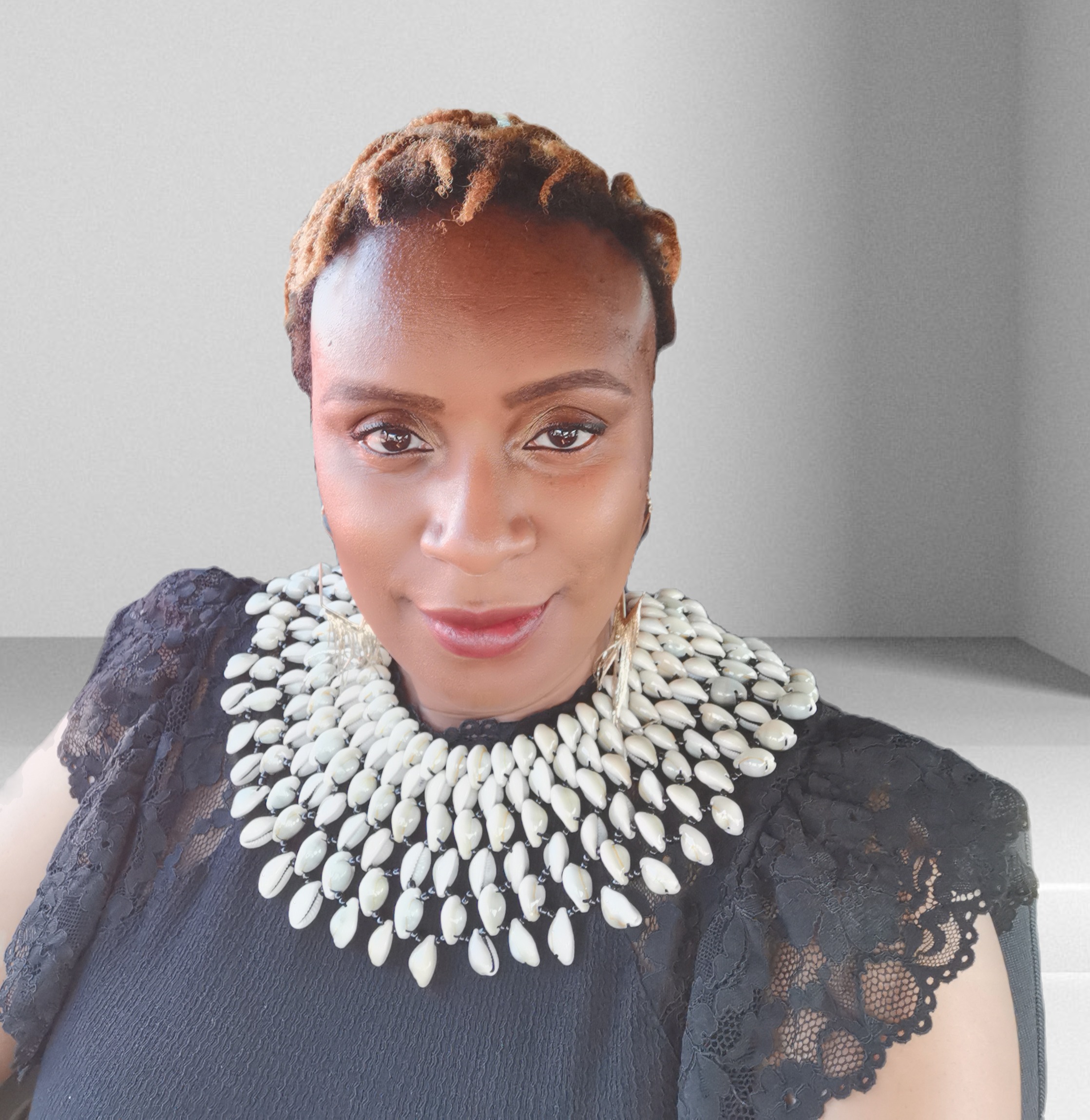Overcoming Burnout
- Lourdes Lobede, GPHR

- Jul 9, 2021
- 4 min read

I didn't notice it when I missed my best-ever-boss's farewell party simply because I forgot. I carried on.
I didn't notice it when I got into arguments with my daughters and colleagues about entire conversations for which I had no recall whatsoever. I carried on.
I didn't notice it when my family started to say to me: "you are here, but you are not". I carried on.
I didn't notice it when I started feeling tired all the time. I thought it came with ageing... I carried on.
I didn't even notice it when I lost my menstrual cycle. One thing less to worry about, right? I carried on.
One day my body entered into total shut down. It was only then, that I noticed that I had not been sleeping more than 3 hours, that my head was spinning non-stop, that I had lost my hair, that I couldn't read past the first sentence of a book without forgetting everything, that I had been in fight or flight mode for at least 5 years and all the exhaustion came out to me at once. I couldn't carry on anymore...
So, what did I do?
1. Seek for professional help
In my case it was easy: "I was already at the hospital". So when they discharged me, they referred me to a Psychologist right away.
I felt ashamed of sharing my situation with my colleagues. I felt ashamed of needing psychological help and I blamed myself.
It never occurred to me to ask myself "why". "Where was this coming from?". Until I started therapy.
Therapy is to mental health what a cardiologist is for a heart condition "NECESSARY".
You cannot break the cycle on your own, otherwise you would have done it already...
2. Discover the 6 B's to recovery from Burnout

The first step to recovery is to cool down the mind, so my therapist introduced me to the 6 B's:
Bankje (Bench): Sit and watch. Not doing, just watching
Boekje (Book): Read. At the beginning it was torture because I couldn't. But it is a very good indicator of my progress
Bedje (Bed): Sleep. At anytime that sleep calls you, answer. Let go of schedules or bed time. Learn to listen to your body
Badje (Bath): Enjoy moments to nurture and pamper yourself. A bath or a relaxing shower.
Bewegen (Body shake): Exercise in whichever way your body feels at ease: walk, bike, go to the gym, yoga, dance, swim...
Buiten (Backyard): Go outside, get that vitamin D or even a supplement to help with the fatigue.
3. Re-discover yourself
You have been attending demands for so long that you stopped taking care of yourself.
In my case, I had stopped for over 5 years, so it got to a point that I didn't recognise myself anymore.
I didn't know neither what I like or enjoy doing nor how to spend time with myself.
So I started dating myself. Take myself to places, do different activities, so I could rediscover myself.
I even wrote myself I couple of love letters. It was really fun!
4. Honour your rhythms & cycles
The hardest part for me was to "stop doing"
Then I heard a guided meditation from Sarah Bonding called "Learning to honour our rhythms & cycles" and I understood that life goes on with or without me and that, if I didn't overcome the fear of loosing my job if I "stopped doing", I would end up dead.
I started to trace my fatigue and recognise and analyse the triggers. Then I started working on learning how to hit the breaks when the triggers appear.
5. Re-organise yourself and put up safety structures
Once I'd learned about my rhythms, I started to look at the activities in my life (both work and personal) that where aligned to my rhythms and which were not.
If there is a mismatch between your needs and that activity (personal or work), then is time to review that activity, establish your boundaries and make them known:
set up out of office replies,
share calendars with your family,
let people know your availability in hours before you start an activity/project,
don't be afraid to say no,
when there is a conflict in demands ask the immediate recipient/supervisor to prioritise)
Plan changes for the long run. If the changes that you require cannot be accommodated, then it might be time to leave/stop and re-evaluate your future.
In my location (the Netherlands) there are well established institutionalised systems to support health in the work environment, however, as a Global HR Manager I recognised that this was not the case in many of the locations where we operate, so there are changes that companies can to do to support employees this situation:
promote and model self-care
monitor and measure mental health in the workplace (only 24% of employers have data on who is at risk)
take measures to reduce mental health cases (48% of executives rank well-being as top concern)
expand benefits (consider different needs)
over-communicate the existing support you have for employees (only 29% of HR have a health and well-being strategy)
de-stigmatise mental health and make it part of company culture and values
Some people might say: "HR Managers will take care of it on a one-be-one case. No need for internal structures..."
But then, who takes care of the HR Manager? Don't be surprised when people leave...
© 2021 by HR Lands, All copyrights reserved



















Comments